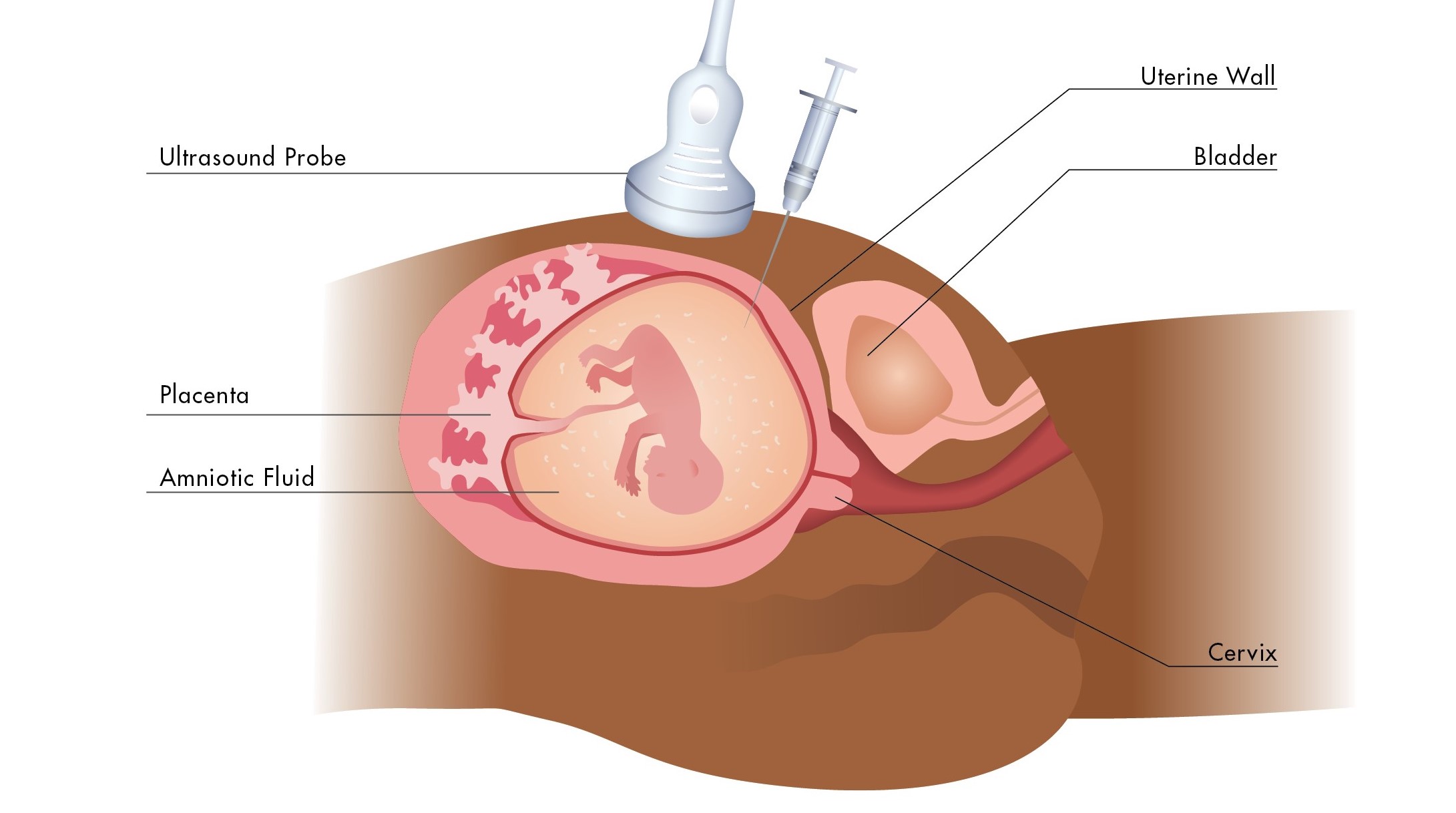Dr. Chintan Chaudhari offers a prenatal testing services in South Delhi. An experienced obstetrician-gynaecologist, Dr. Chintan helps women in everything related to their reproductive health. With over 12 years of expertise in the field of Obstetrics and Gynaecology and Gynaecology, she provides top prenatal testing services in South Delhi. The significance of fetal medicine can’t be denied, and the doctor. Chintan specializes in the best prenatal testing services in South Delhi and helps detect any issues with the pregnant health of the fetus before the time.
Prenatal testing may be offered to women during pregnancy to determine if the fetus has a possibility to be born with a genetic condition or birth defect. Performing prenatal testing may be useful in determining different options for the pregnancy or special management of the pregnancy and delivery to improve the outlook for the baby. Several types of prenatal testing are available, depending on which trimester of pregnancy the mother is in and the type of condition in question. This appendix provides an overview of different prenatal tests that may be offered to pregnant women.

All pregnant women, regardless of age, have the option to undergo prenatal testing. However, as women age, the chance of having a baby with a chromosomal abnormality increases. So the age of the mother is the most common reason for prenatal testing.
Other reasons that a woman may be offered prenatal testing include:
Any woman who desires more information about the developing fetus can consider prenatal testing. The decision is an individual choice. A woman should discuss the various options outlined above with her obstetrician or a genetic counselor to determine which are right for her.
Two main types of prenatal testing are performed during pregnancy. The first type of testing is known as screening. Screening tests are used to identify women with an increased chance to have a baby with certain chromosomal abnormalities. Screening tests do not identify birth defects such as genetic diseases. Results that reveal a chance over a certain cutoff level are called “positive results,” and these women are offered further testing. Screening tests are not diagnostic. And while the majority of fetuses with a chromosomal condition are identified through screening, some affected fetuses with a chromosomal condition receive a normal or “negative” screening result.
The second type of prenatal testing is known as diagnostic testing because these tests can determine definitively if the developing fetus has a certain genetic condition or birth defect.
Screening and diagnostic tests may be performed in either the first or second trimester of pregnancy as follows.
Screening tests can be performed in both the first and second trimesters of pregnancy. First trimester screening involves an ultrasound examination and a sample of the mother’s blood, while second trimester screening involves just the blood sample. Some women may also be offered a combination of first and second trimester screening, known as either “integrated” or “combined” screening. The blood results and ultrasound results are then combined with maternal factors such as age and weight to calculate the chance for certain chromosomal conditions in the current pregnancy.
Screening results are usually available within a week, and those who receive a positive result are offered diagnostic testing. The detection rate for screening tests varies by the type of test performed. The only way to know for certain whether or not a developing baby has a chromosomal condition is by performing a diagnostic test.
Certain diagnostic tests are procedures that can determine with greater than 99.9 percent accuracy whether or not a developing baby has a chromosomal difference. The two types of diagnostic tests are chorionic villus sampling (CVS) and amniocentesis. Diagnostic tests for specific genetic diseases must be specially requested. These tests have different accuracy rates, depending on which test is ordered.
CVS is performed between 10.5 to 13.5 weeks of pregnancy. During the procedure, a doctor obtains a small tissue sample from the placenta by either inserting a thin needle through the woman’s abdomen or by using a small catheter inserted through the cervix. The method used depends on the location of the baby and the placenta.
Amniocentesis is performed from 15 weeks of pregnancy onward. During amniocentesis, a thin needle is inserted through the woman’s abdomen into the amniotic sac to withdraw a small sample of fluid from around the developing baby.
The cells collected from either procedure can be used for chromosomal analysis or other genetic tests, as ordered. The results from the chromosomal analysis usually take two weeks; while the results from other genetic tests may take longer, depending on what test has been ordered.
Diagnostic test procedures are associated with a chance for miscarriage, which is estimated to be up to 1 percent for CVS, and less than 1 percent for amniocentesis.
It is advisable one must undergo USG scan at 11 – 13 weeks and at 20 – 22 weeks to examine fetal anatomy.
At 30 – 32 weeks scan must to examine fetal growth
When it comes to safety and security, Dr. Chintan Chaudhary prenatal testing services in South Delhi is the best for you. We advise you to travel with Dr. Chintan Chaudhary if you are in or around South Delhi. She is renowned for being the greatest female gynaecologist physician in South Delhi and for her knowledge of foetal medicine.
Our laboratory personnel along with your personal information ( name, date of birth, G age) collect blood sample for various detection of anomaly.